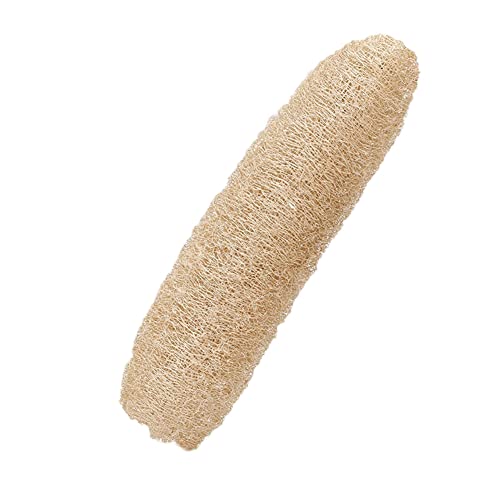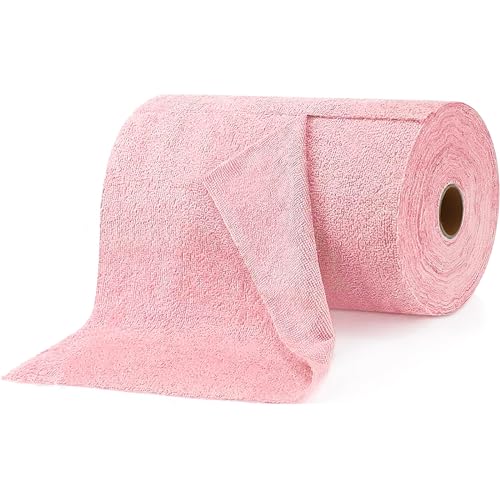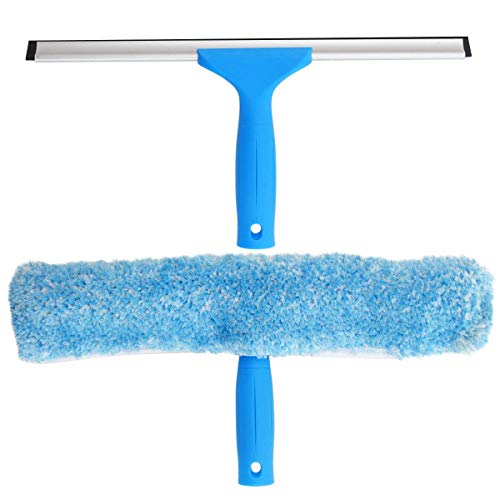Johnwindow1987
Well-known member
- Messages
- 259
- Location
- South Wales
Hi all hope everyone is having a good Monday.
I’m just after some advice I’m running a 40/40 system with one paper filter and one carbon filter I was talking with a friend few days back and he was saying u don’t need the paper filter just replace it with the carbon one and have two of them instead of one paper and one carbon [emoji848] ? He was saying that the paper filter dose not last and the carbon will last longer if running two . Hope u understand what I mean .
Thanks for any reply’s
Sent using the Window Cleaning Forums mobile app
I’m just after some advice I’m running a 40/40 system with one paper filter and one carbon filter I was talking with a friend few days back and he was saying u don’t need the paper filter just replace it with the carbon one and have two of them instead of one paper and one carbon [emoji848] ? He was saying that the paper filter dose not last and the carbon will last longer if running two . Hope u understand what I mean .
Thanks for any reply’s
Sent using the Window Cleaning Forums mobile app

























